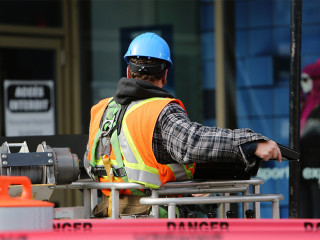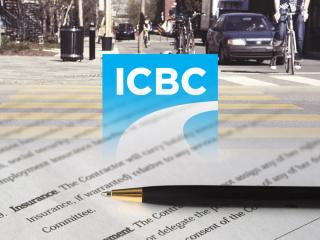The Court of Appeal has upheld a trial judge’s decision finding the City of Sudbury negligent for failure to properly maintain a roadway during inclement winter conditions. Cities (and by extension winter maintenance contractors) are expected to respond to the potential of ice forming on roadways even while maintenance is underway. Even in the face of a roadway being cleared just prior to an accident a City may be found to have breached the standard of care in discharging a City’s obligation to maintain the roadway in good repair.
Cardenas v. Toronto (City), 2017 ONCA 237
Defendant brought Third Party claim against home owner, but failed to serve the Third Part Claim. Defendant’s motion to validate service was dismissed. Court was not satisfied that statement of claim came to third party’s attention. Motion judge found personal service was important because third party’s potential liability far exceeded limits of her policy. Defendant appealed and this appeal was dismissed as the interests of justice did not require dispensing with service.
Lloyd v. Bush, 2017 ONCA 252
A municipality will only be liable for failing to salt and clear road of snow where it had actual or constructive knowledge that road conditions create unreasonable risk of harm to users of a highway, and where the municipality unreasonably neglected that risk. Furthermore, in determining the proper reasonable response, municipalities should not be limited in their response by the minimum maintenance standards. Municipalities should consider the circumstances and determine if the condition of the road poses an unreasonable risk of harm to reasonable drivers. Whether municipality’s actions are reasonable or not depends in part on resources that were available to the municipality.
Kushnir v. Macari, 2017 ONSC 307 (CanLII)
To ensure trial fairness and the preservation of proper litigation, it was justified to impose a condition to ensure that expert reports are written solely by their author and not by a ghost writer, as has become more common and problematic in litigation recently.
Franklin et al. v. The City of Greater Sudbury, 2016 ONSC 4739 (CanLII)
In considering the issue of gross negligence by a city, the court looked at whether it was reasonably foreseeable that members of the public would enter the premises during the winter season. If it is, the city must provide a reasonable level of winter maintenance, post notice that maintenance had ceased, or block access to the premises. However, the court will also look at whether enough snow has fallen that a reasonable observer would conclude that the premises are no longer in use and/or not being maintained and, at that point, the city may reasonably cease all maintenance on the premises as there would be no good reason to believe that anybody will use it.
Choma v. City of Toronto, 2016 ONSC 5510
Given a proper evidentiary record, a Court may draw reasonable inferences and grant summary judgment in favor of a party who is seeking to prove that, on the balance of probabilities, an event is unlikely to have occurred, so long as the party can show that it exercised due diligence and that a trial would not change anything in that regard or show different evidence.











